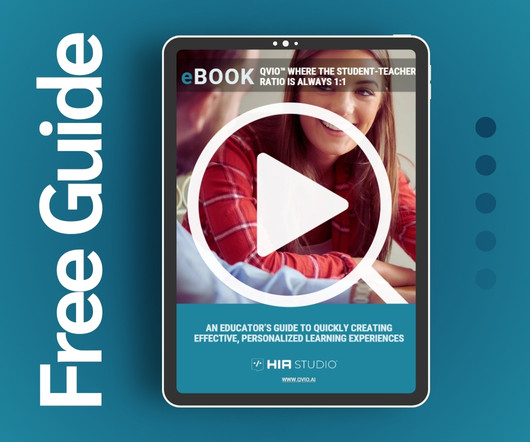Specific Ideas for Intentional Creativity
User Generated Education
SEPTEMBER 2, 2017
Recently I wrote a blog post about Intentional Creativity. Here is the graphic created for that post. Below the graphic are specific ideas I am using with my gifted elementary students this school year. What follows are the activities I am using this school year to be intentional with sparking creativity in my gifted education classrooms. The titles are links for these activities.






















Let's personalize your content